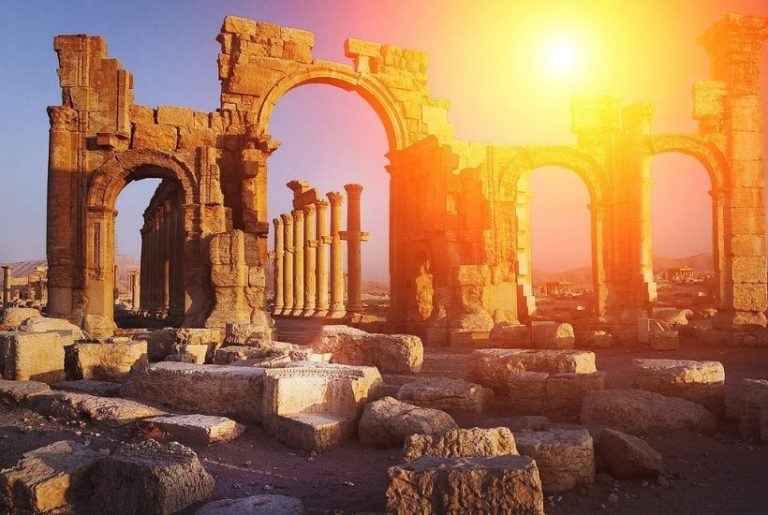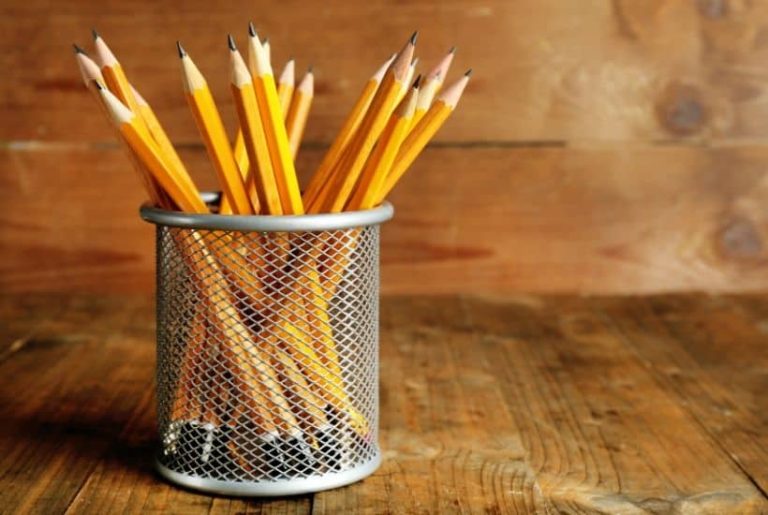5 Important Reasons to Teach History to Your Kids
This post may contain affiliate links. For more information, please read my disclosure policy.
Do you know why you should teach history to your kids?
Tapestry of Grace sponsored this post. In the interest of disclosure, I purchased all 4-year plans of Tapestry of Grace, and I’m in my 6th year of using Tapestry of Grace to teach my own children history. All opinions are my own honest opinions. For more information please read my disclosure policy.
My husband choked on his coffee yesterday as our son was reading through his history questions. “Karl Marx, Dad, who’s Karl Marx?”
This is one reason you need to teach history to your children. Children may think otherwise, but they don’t know everything.
1. Character Study
Have you been wanting to add a character study to your homeschool? Instead of adding more to your day, kill two birds with one stone. Study history!
As you study history you cover the great men and women of the past. You and your children read about men like Churchill, women such as Susan B. Anthony. The men and women are discussed. You chat abut their characters, their likes, their dislikes, their strengths and weaknesses.
At the same time you’re studying the atrocious men and women of the past as well. This gives you the opportunity to dig into the biographies of these people. What caused them to become villains of history? What were their characters like?
Another useful technique is to compare men of similar time periods, contemporaries. For instance Tapestry of Grace Year 3 has a rhetoric discussion which compares Napoleon Bonaparte with George Washington.
It’s a fascinating comparison. Both countries experienced revolutions and the two men came to power shortly after the revolutions. But the differences are extraordinary. Why did France and the United States go in two separate directions? What were the differences between these two men which shaped the future of the two countries?
2. Discuss morals, ethics, right/wrong
History gives you the opportunity to discuss morals and ethics. Often discussing moral and ethics using current events is heated. Everyone has a strong opinion. However when you remove the discussion slightly to the past, everyone can discuss right and wrong. The emotions are removed.
It’s also a prime opportunity to teach your children your world view. Why do you believe the way you do? Why is it right? Why is it wrong?
Classical education isn’t just about teaching our children a bunch of facts and getting them into an elite college. It’s about creating men and women of character. Men and women who have morals, ethics, and a knowledge of right and wrong.
Men and women who are able to tackle the complex issues of modern life with wisdom, understanding, and compassion.
3. Understand World Today
Our world today was created by events and people in the past. How can you understand current events if you don’t know history?
For instance why is there such conflict around Israel and the countries around it? You may know, but do your children?
And what about American history? While 9/11 is a current event for me, it’s not a current event for my children any more than Vietnam was a current event for me.
Half of my children weren’t even born. The other half were small children running around the house. At best they remember the day the planes flew into buildings.
If we don’t discuss what happened and why kids don’t understand what’s going on in the world today.
But to understand what’s happening in the here and now, we have to look into the past. Which leads us to World War 2, the medieval times, the Romans, and back into the Old Testament of the Bible.
4. Understand References
People reference time, people, places, and events. Your kids can’t understand the setting if they don’t know the history. Who are Thomas Jefferson, George Washington, Plato, or Socrates?
Take my son questioning who Karl Marx is. He had no idea why he was studying some guy from the 1800s or the effects this man has upon present-day history. My husband, on the other hand, was shocked. How could his son not know about Marx!
But kids aren’t born knowing who these people are or why they’re important.
Kids need to learn about the World Wars, the Cold War, and the Crusades. They must be introduced to mummies, the Wall of China, and Timbuktu.
You must teach your children about wars, events, and people for kids to understand the references.
5. Gain Perspective

Kids get upset over the silliest things. They wail over spilled milk. They don’t have perspective.
Studying history gives children perspective. The problems we face today are not that different from the problems faced in the past. After all, there have even been divisive elections before in American history.
People have faced despair over what appears to be a lost cause. They’ve overcome famines, plagues, and flooding. Even politics have always been a murky affair, just look at the Byzantines!
By studying history, kids learn the problems they face these days are similar to problems people have faced throughout the centuries. In fact, you can even research how people responded to the problems they overcame to figure out the best ways to respond today without making the mistakes of the past. To quote Edmond Burke:
Those who don’t know history are doomed to repeat it.
Tapestry of Grace
Despite the importance of history to teach children perspective, morals, and understanding, history tends to be skipped. After all when and how do we cover the atrocities of history with our little ones?
That’s where Tapestry of Grace comes in.
Tapestry of Grace gives you a planned classical Christian curriculum for the entire family. Everyone, from kindergartners to your seniors in high school, has appropriate history assignments.
History assignments that challenge your high school teenagers to evaluate, discuss, and apply the lessons from history. Yet the history assignments gently introduce your little ones to the references they need.
For instance, my youngest children just finished learning about Samuel Morse and the telegraph. However, my teenagers not only covered the telegraph but learned about the Mexican-American War. They studied the events leading up to it and debated if the Mexican-American War was a just war.
My son also answered his question about Karl Mark’s beliefs and Communist Manifesto.
Learn more about Tapestry of Grace and the benefits it can offer your family!









I loved the idea of using history to study character as well. My friend wants to home school her child, as he’s autistic and frequently getting bullied. I think she’d be interested in all the ways you can use history to teach moral and geographical lessons. What are some methods to engage your children in home school?
As far as history, following rabbit trails of interest is probably the best method to engage your kids. Another great method is to include history projects and interesting books.
Thanks for pointing out that learning history will give children a new perspective about the problems they face in their own lives. I feel like history is often graced over in children’s education, which is a shame because it offers so much knowledge to help them perceive and interpret the world around them. I learned a lot about the benefits of teaching history to kids, so thanks for sharing this info!
I wanted to give my kids a few key points of learning and I was looking for a great place to start. I figured that History was a great essential learning point and it helped that your article pointed out how many times people in modern times reference the figures of the early centuries and not being in the know about them might leave them left out of discussions. This especially helps because history is one of the hardest subjects at school and getting a good headstart could mean all the difference. I’ll be searching for any place that offers history books that are easy to read for my kids so they can start easily. Thank you!